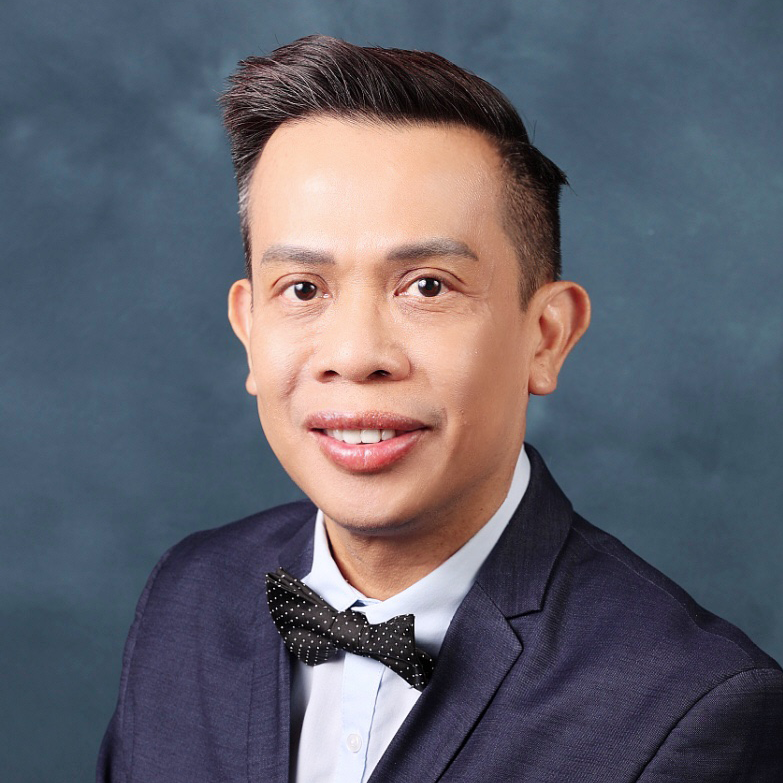
Reimund Serafica, Ph.D., MSN, APRN, PMHNP-BC, CNE, FTNSS, FAAN
Associate Professor
Biography
Dr. Rei Serafica is a tenured Associate Professor in the School of Nursing, a board-certified Psychiatric-Mental Health Nurse Practitioner, and a Certified Nurse Educator.
Expertise
Dr. Serafica’s research focuses on acculturation and its relationship to chronic diseases among immigrant populations. His pioneering work has led to the development of the concept of dietary biculturalism, which examines the phenomenon of immigrants consuming unhealthy traditional foods alongside unhealthy Western diets during the post-migration phase, thereby increasing their risk for food-related chronic illnesses.
Teaching and Mentorship
Dr. Serafica teaches across all academic levels within the School of Nursing. As the Director of the Psychiatric-Mental Health Nurse Practitioner Program, he specializes in graduate-level mental health courses. In addition, he teaches in the Ph.D. program, where he serves as a chair and advisor for doctoral students. Dr. Serafica has mentored numerous students and faculty at various stages of their careers.
Education Background
Dr. Serafica holds an undergraduate and a graduate degree in Nursing from Gardner-Webb University. He earned an Advanced Graduate Certificate in Psychiatric-Mental Health Nurse Practitioner from the University of Nevada, Reno, and a Doctor of Philosophy (Ph.D.) in Nursing, with a focus on research and education, from the University of Hawaii at Manoa.
Research or Scholarship
Dr. Serafica’s concept of dietary biculturalism has advanced the field of acculturation research by shifting its focus to food assessment among immigrants. His research spans four key areas: 1) changes in dietary patterns following immigration to the United States (dietary acculturation); 2) prevalence and implications of dietary biculturalism; 3) the impact of stressors such as acculturative stress, occupational stress, and food insecurity on food intake, sleep quality, and mental health and 4) mental health conditions, including suicide assessment, depression in older adults, and psychological distress linked to acculturation.
As the Director of Community Engagement and Outreach for the Mountain West Clinical and Translational Research Infrastructure Network (MW CTR-IN), Dr. Serafica is spearheading the development of Nevada's first Practice-Based Research Network (PBRN) among primary care providers. Utilizing a transcultural framework, his efforts focus on addressing the needs of vulnerable populations.
